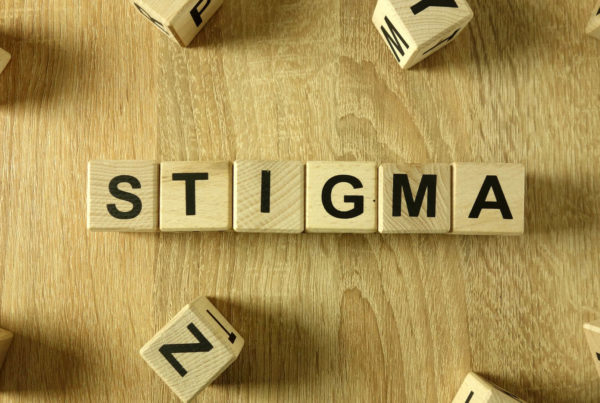One year ago, I lost the love of my life to suicide. Through the heartbreak of this tragedy, I have committed myself to the work of ending the stigma associated with seeking mental health care, increasing access to supportive health services, and being a voice in Congress for change on this issue that affects all of us.
The COVID-19 pandemic and resulting economic crisis are creating unprecedented challenges for all of us — this only underscores the urgency of making mental health care a national priority in our country. Over these past months, I have heard from so many constituents regarding the mental health challenges they are facing during this time. I’ve felt the pain of seeing someone I love struggle with these issues. I understand what so many in our community are feeling. And, together, we are going to get through this and make sure that mental health care is available to all who need it—during this pandemic and long after it’s over.
We have faced a mental health crisis across our country long before this pandemic.
Bringing this issue out of the shadows and ensuring people have the care they need requires more than just legislation; there is also a need for us—as a society—to change. We must evolve in our understanding of mental health. We need to achieve mental health parity and work to dismantle the notion that how we approach physical health is somehow different than how we approach mental health. Overcoming the stigma and shame that surrounds suicide and mental health cannot just be a slogan—we must make it a reality, and that starts with each of us, in our own lives.
This epidemic is one that touches people of every background — disproportionately affecting both young and older Americans. To begin the work of addressing the crisis among older Americans, I introduced an amendment to the Dignity in Aging Act to add “screening for suicide risk” to the disease prevention and health promotion services offered to seniors. I’m proud that this bill was signed into law by President Trump.
As for our young people, I’ve called on House and Senate leadership to prioritize mental health support and access to care, particularly for students on college campuses in the wake of COVID-19. Specifically, I’ve asked that they prioritize a bill I introduced—the Enhancing Mental Health and Suicide Prevention Through Campus Planning Act. This bill would begin the process of addressing the gaps and unmet needs in mental health services for college students— already one of the most at-risk communities when it comes to untreated mental health issues.
What so many leave out of the equation when it comes to mental health care is that ending the stigma of getting care is directly related to the accessibility of that care. Every single health care plan in this country needs to cover mental health treatment just as it would an
emergency room visit for a broken leg. We need to establish a special enrollment period for families dealing with the aftermath of suicide to receive the care they need—something introduced in Congress last year. And we need to look at commonsense solutions like allowing the FCC to change the National Suicide Prevention Lifeline number to a simple “988” dial-in, which is both an easy fix and makes this vital resource more accessible for those in need.
When mental health care is covered and easy to access, more people will use it, and when more people access care then others may feel the burden of stigma lifted from their own shoulders. As part of this agenda, I led the effort in the House for increased funding to support state and county-based crisis care systems and mobile crisis units in every state—building on a strategy with a proven track record of success where it has been implemented.
While we have an enormous amount of work ahead of us, I am heartened that we’ve made some progress. The Coronavirus Aid, Relief, and Economic Security (CARES) Act included significant funding for mental health and suicide prevention priorities, including $425 million for Substance Abuse and Mental Health Services Administration (SAMHSA) programs—which incorporates $250 million for Certified Community Behavioral Health Clinics, $50 million for suicide prevention programs, and $100 million for mental health and substance use disorder emergency grants. And when it comes to our seniors, many of whom are disproportionately affected by isolation, we secured the repeal of a Medicare requirement that only allows a health care professional to see a patient via telemedicine if they have previously seen that patient within the past three years.
After being touched by this crisis personally, I don’t want anyone who has been affected to feel like they’re alone. Everywhere, there are allies who stand with you. I stand with you, colleagues of mine from both sides of the political aisle stand with you, and the mental health professionals and advocates across our country who see themselves in what you’re going through stand with you.
So, as we move forward, I’m going to keep working to advance this cause in Congress. Together, I know that we can make progress in this common effort and reach a better day—in our communities and across our country.






